On September 6, Bulgaria marks the Day of Unification of the Principality of Bulgaria with Eastern Rumelia. Events that would lead to this important date for us started on March 3, 1878 with the signing of the Treaty of San Stefano between Russia and Turkey. According to it, liberated after 5 centuries of Ottoman oppression, Bulgaria became "an autonomous principality with Christian government and a people's militia." Its borders covered the territories of the Bulgarian Exarchate, recognized as independent from the Sublime Porte. It encompassed a vast territory inhabited by ethnic Bulgarians. The treaty was temporary and its effect was only valid for four months - until July 1878, when the Berlin Treaty was signed. A curios fact is that in Berlin, as well as during the signing in San Stefano, there were no Bulgarian representatives. Bulgaria relied on the goodwill of the Great Powers, while each of them was pursuing its own interests.
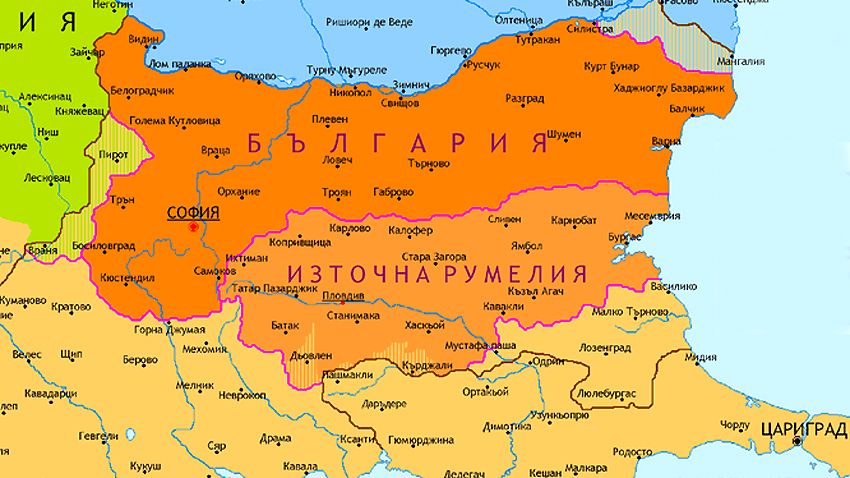
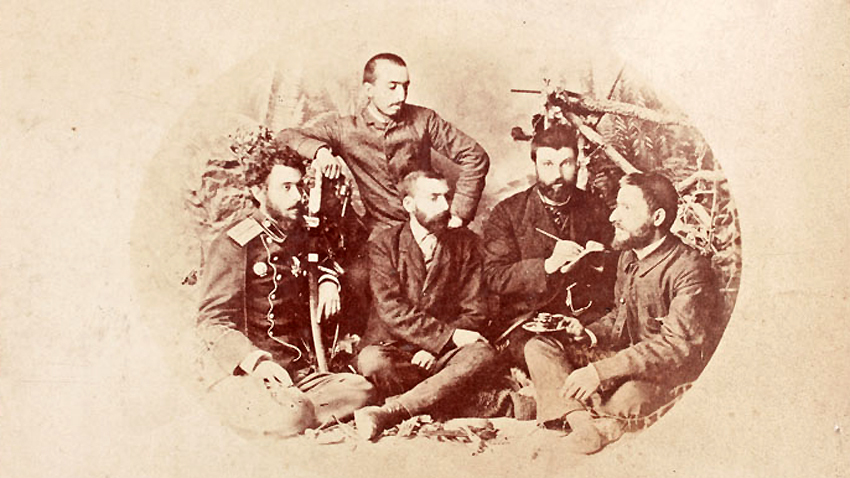
The rebellion started on September 2, 1885 in Panagyurishte with gunshots and people shouting "Down with Rumelia!" and "Long Live Union!" The initiators were arrested, but 2,000 people besieged the building of the district authorities and they were forced to release the detainees. The revolt was growing. On September 5, Gavril Krustevich, the governor of Eastern Rumelia, convened an emergency meeting. At the meeting a decision was made that Tsarigrad must not be informed of anything that was going on. The military stood on the side of the revolting people. On behalf of the Revolutionary Committee Zahari Stoyanov and another member of the committee, Ivan Andonov, announce that Gavril Krastevich was not a governor anymore and the union of southern and northern Bulgaria under the rule of Bulgarian Knyaz Alexander I was proclaimed. A temporary government headed by Georgi Stranski was set up to work until the Knyaz arrived.
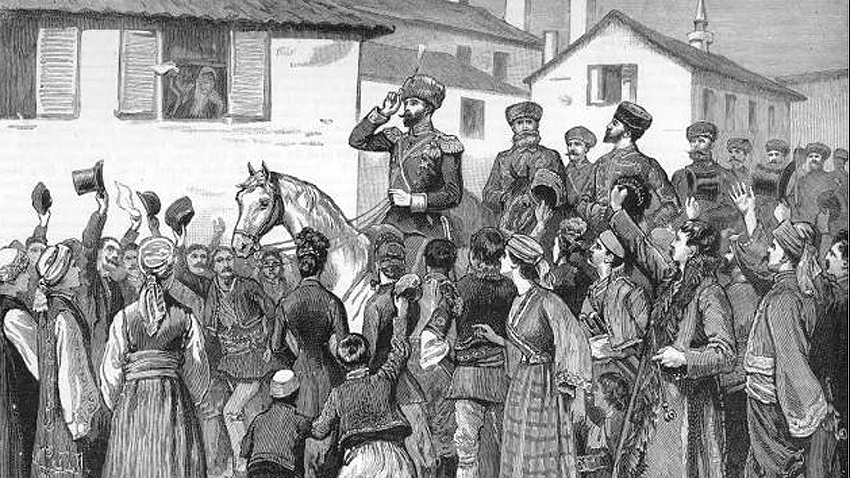
The news of the Unification reached Knyaz Alexander Batenberg in his residence near Varna. He immediately left for Tarnovo and on September 8 issued a manifesto accepting and legitimizing the union of the Principality of Bulgaria and Eastern Rumelia. "If it was today, a few politicians would have decided against the will of all the Great Powers and without the support of Russia to do such a thing," late colonel Petko Yotov, former head of the National Military Museum says in a record preserved in the Golden Audio Fund of the Bulgarian National Radio:
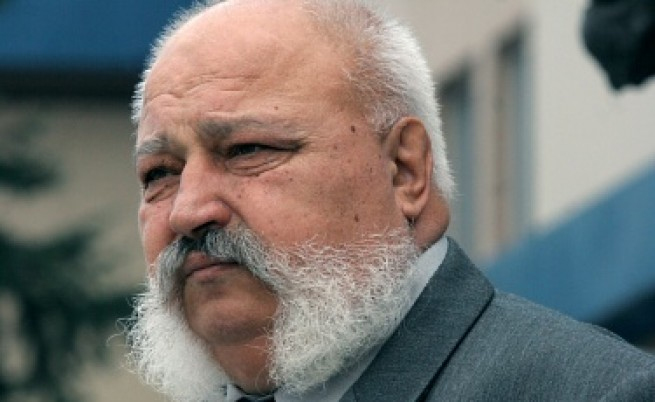
This way, 7 years after the Liberation, Bulgarians felt ready to oppose the Great Powers and take their fate into their own hands. For this period, they were able to lay the foundations for their economy, democratic institutions and build a strong army. Bulgaria had never been more united. The unification was prepared by revolutionary committees in Eastern Rumelia and was supported by the Bulgarian government and Knyaz Alexander Battenberg, the political parties, and the people.
"Unification is the first brilliant and perhaps unique in its significance lesson of what the Bulgarian spirit is and, unfortunately, the only act of unity in thoughts, feelings and deeds, which later started to crack as individual struggles emerged again.”
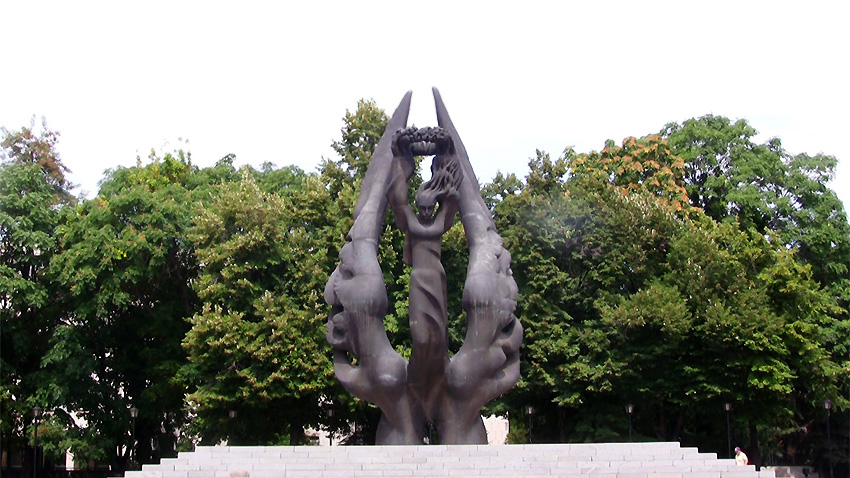
English: Alexander Markov
Photos: Wikipedia and archivePipes from the end of the 17 th , the 18 th and the 19 th century and the tradition of growing tobacco in Bulgaria are presented in the newest exposition at the Museum of Archaeology in Burgas. “Pipes like this are to be found often on the..
In Bulgaria, when we talk about a person with bad luck, we often say: "Ah, what a Marko Totev!" But who exactly was Marko Totev, and how did his name become a byword for a person with ill fortune and a bad luck? "He was a Bulgarian public figure..
30 March marks the end of the most blessed time of the year, as Muslims call the month of Ramadan. This year it started on 1 March, and the most important obligation Muslims have during this 30-day period is to refrain from food, drink and temptation..

+359 2 9336 661
